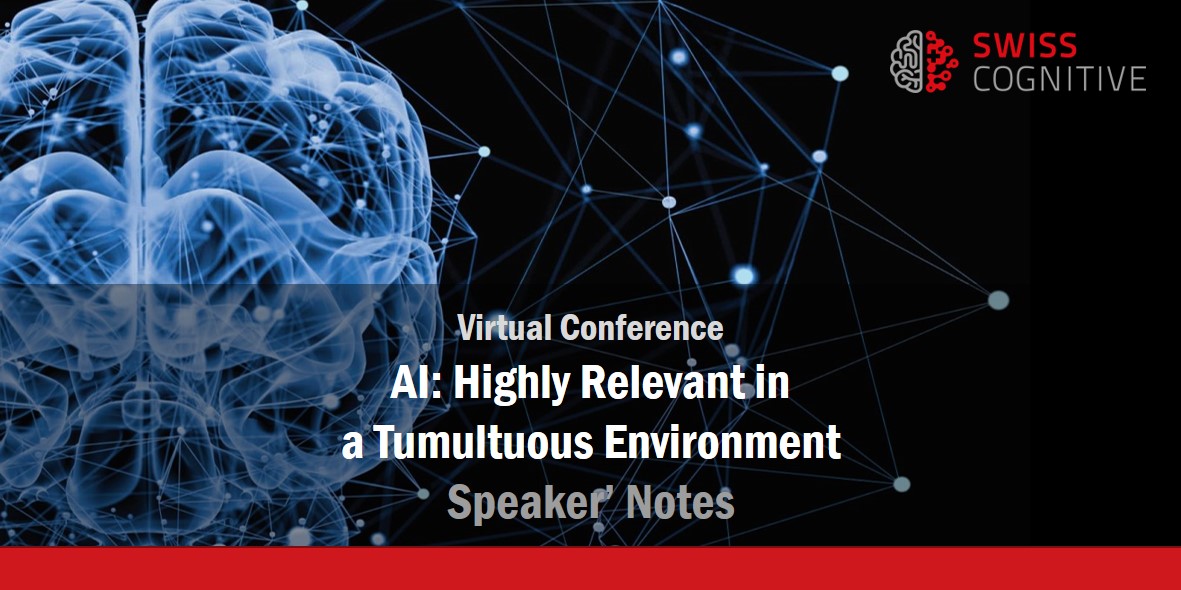Supply chains are at the heart of companies and nations. Their robustness and resilience is paramount in times of crisis like the one we are experiencing today. Building resilience however is far from happening « per se »; it does come with a cost and with anticipated assessment of risks and opportunities. For the last 2 years, the technology foresight research program DEFTECH (Defence Future Technologies) of armasuisse Science and Technology, together with IML (International Institute for the Management of Logistics and Supply Chain) at EPFL, Envisioning Ltd and Thomas Gauthier, Affiliate Professor at emlyon business school are conducting an extensive online and collaborative project on solutions and disruptive futures that might have an impact on the supply chain. By considering technology as the entry point in the PESTLE analysis of disruptive scenarios, it is possible to illustrate the weaknesses of a company, of a process, and imagine at a marginal intellectual cost a possible solution to them. Combining different methodologies, backgrounds and competences, the result is a ready to eat food for thoughts. Everything that can happen, will happen; we just do not know when… so why not prepare for it?
Copyright by Quentin Ladetto, armasuisse, Science & Technology


Everything that can happen, will happen; so why not prepare for it?
Supply chains are at the heart of companies and nations. Their robustness and resilience is paramount in times of crisis like the one we are experiencing today. Building resilience however is far from happening « per se »; it does come with a cost and with anticipated assessment of risks and opportunities. For the last 2 years, the technology foresight research program DEFTECH (Defence Future Technologies) of armasuisse Science and Technology, together with IML (International Institute for the Management of Logistics and Supply Chain) at EPFL, Envisioning Ltd and Thomas Gauthier, Affiliate Professor at emlyon business school are conducting an extensive online and collaborative project on solutions and disruptive futures that might have an impact on the supply chain. By considering technology as the entry point in the PESTLE analysis of disruptive scenarios, it is possible to illustrate the weaknesses of a company, of a process, and imagine at a marginal intellectual cost a possible solution to them. Combining different methodologies, backgrounds and competences, the result is a ready to eat food for thoughts. Everything that can happen, will happen; we just do not know when… so why not prepare for it?
Copyright by Quentin Ladetto, armasuisse, Science & Technology
Quentin Ladetto
Research Director
armasuisse, Science & Technology
Virtual Global AI Conference
Co-Hosted by AI Capital & SwissCognitive
Find Quentin Ladetto’s contribution HERE.
“The futures of today are not the same anymore as the futures of yesterday.”
Quentin Ladetto, Research Director ‘Technology Foresight’ – armasuisse
Remarks from SwissCognitive: Quentin Ladetto was one of the global speakers at SwissCognitive’s first Virtual AI Conference, co-organised with AI Capital on 31st March and 1st April. The conference gave an intensive overview from various industry-perspectives on how AI helps us to overcome challenges caused by the Coronavirus, and how this technology is going to provide us with new ways of processes and functioning after the crisis. The Virtual AI Conference was attended by 500 attendees, calling-in from 20 countries, and its content was spread through SwissCognitive’s social media channels, reaching 400k followers in the AI eco-system.
Share this: